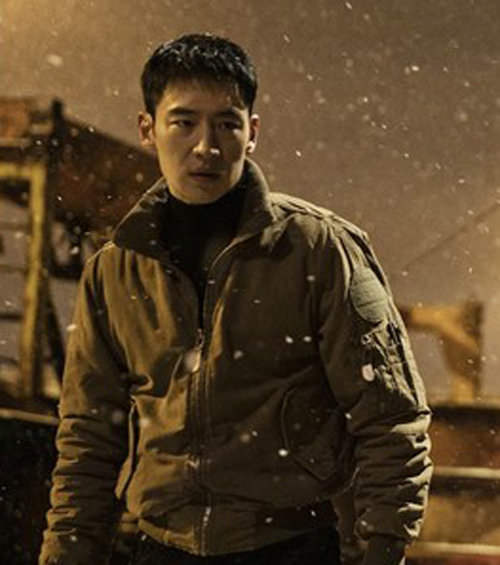Korea’s dark hero shows depicting personal vengeance are popular
Korea’s dark hero shows depicting personal vengeance are popular
Posted May. 03, 2021 07:22,
Updated May. 03, 2021 07:22

Korea’s TV shows featuring dark heroes are gaining traction nowadays. One characteristic of the shows is that a main character understands that his/her action is illegal. “It’s a good thing to vanish from the legal framework. Otherwise, it’d be another crime,” says prosecutor Kang Ha-na (Lee Som) in Taxi Driver, clarifying that Kim Do-ki (Lee Je-hun)’s personal vengeance is illegal. Kim Do-ki infiltrates a criminal organization, kills or abducts relevant people and even tries trafficking of human organs.
tvN’s Vincenzo is even more provocative. Under the subtitle “Punish evil with evil,” Vincenzo defines not only Babel Group that engages in corruption but himself who is also in a hostile relationship with the group.
There are more realistic characters, too. In “Good Manager (2017)” aired on KBS, Kim Seong-ryong, who adeptly engages in accounting frauds, punishes evil and becomes a new person. OCN’s “The Uncanny Counter (2021)” shows So Mun (Cho Byeong-gyu) and others become counters, demon hunters, on a condition to extend their life, but devote themselves in missions. All these shows led to the trend in which ordinary people with shortcomings contribute to something greater than themselves instead of heroes who are unique and perfect.
Shows featuring dark heroes point out the reality that the faster and more satisfying way of punishing the evil is through violence. “There is no such thing as the best law to punish someone like Jang Han-suk (Ok Taek-yeon). No second best either. That is why I’ve chosen the lesser evil,” said lawyer Hong Cha-young (Jeon Yeo-bin) in the 19th episode of “Vincenzo.” But some suggest a concern that viewers may become insensitive to the violent method to punish evil.
beborn@donga.com
Headline News
- Med professors announce intention to leave hospitals starting Thursday
- Bridge honoring Sgt. Moon Jae-sik unveiled in Pennsylvania
- Chief of Staff Chung tells presidential secretaries to stay away from politics
- US FTC bans noncompete agreements
- N. Korea launches cyberattacks on S. Korea's defense companies







